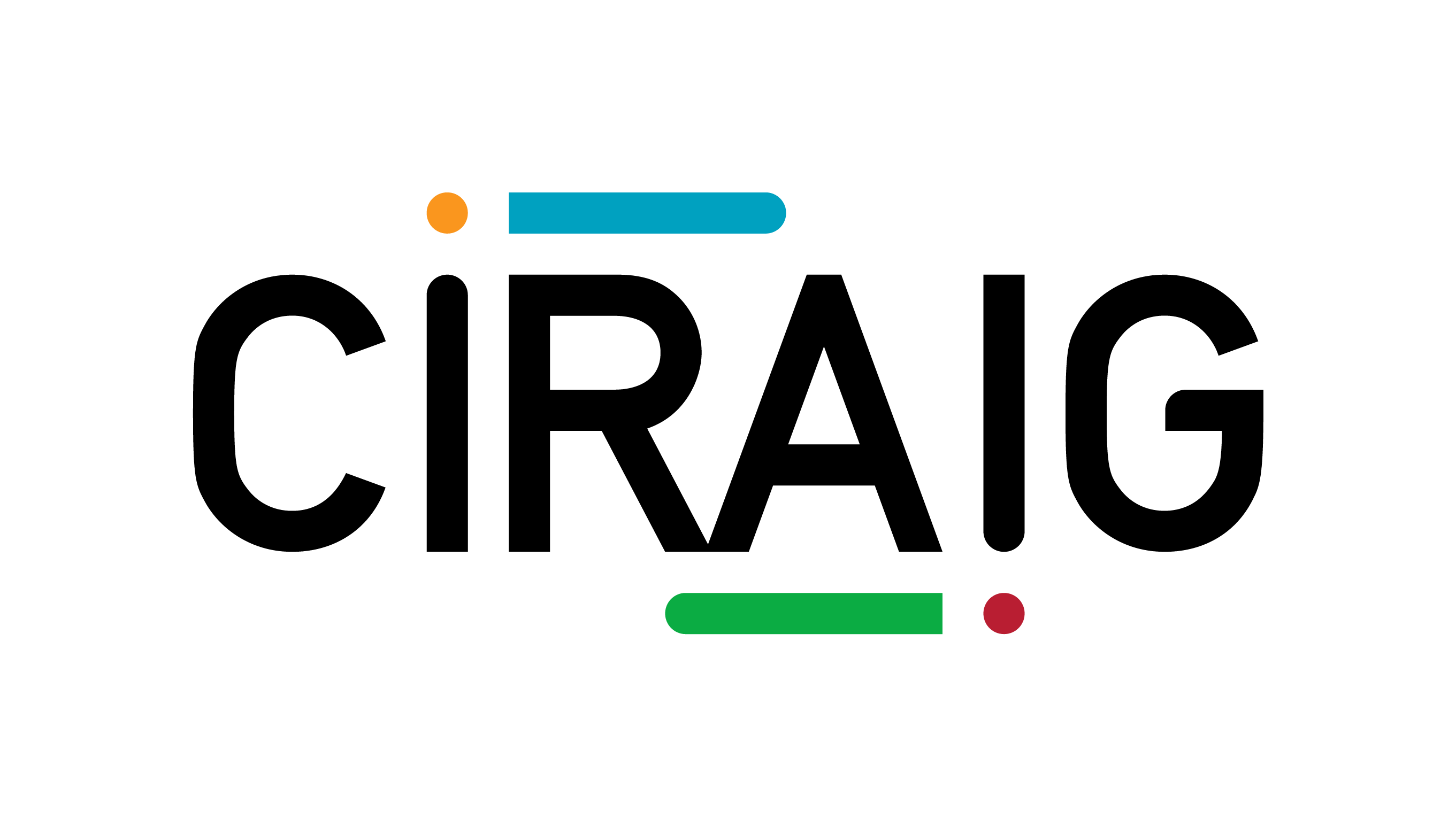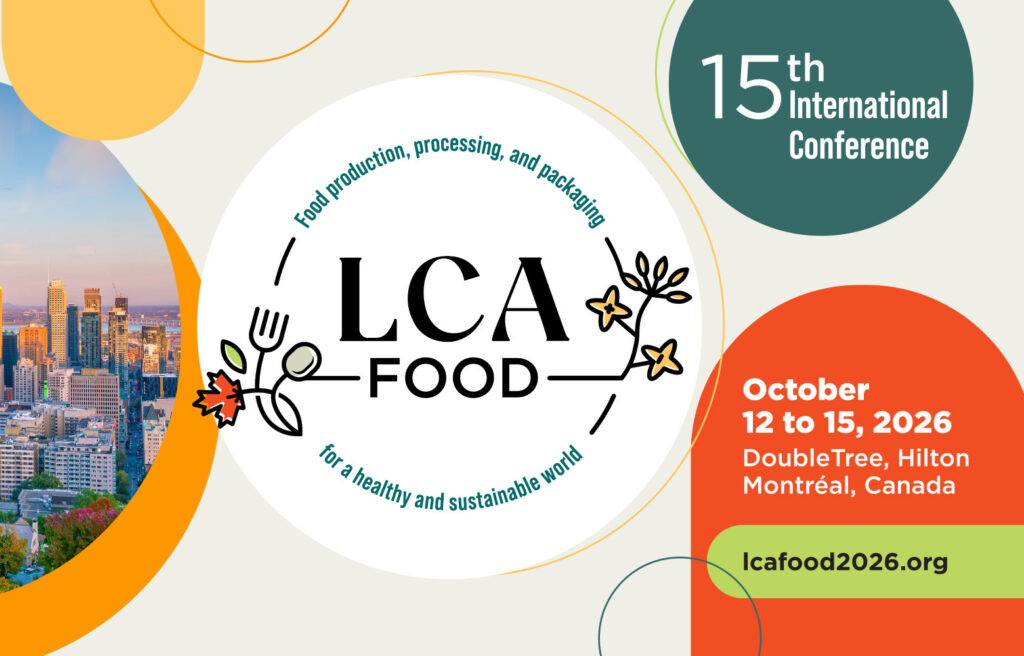Project
Methodology for quantifying GHG emissions for healthcare and social services institutions in Quebec
The aim of this project is to develop a methodology for quantifying direct and indirect GHG emissions that is homogeneous for all healthcare and social services institutions, adapted to their context, scientifically robust and easily operational.

Quantifying greenhouse gas (GHG) emissions can be a complex task for health and social service institutions (hereinafter referred to as “institutions”), particularly because existing methodologies are not adapted to the context of these organizations.
To provide a framework for quantifying these emissions, the CIRAIG has developed a Methodology for quantifying greenhouse gas emissions for health and social service institutions in Quebec. The objectives of this methodology are as follows:
- to facilitate the process of quantifying and reporting institutions’ direct and indirect GHG emissions;
- to promote the production of scientifically robust GHG emissions inventories;
- to improve the consistency and transparency of GHG inventories produced by institutions;
- to provide institutions with information that can be used to develop an effective strategy for managing and reducing GHG emissions.
Similar projects
We use cookies on our website to give you the most relevant experience by remembering your preferences and repeat visits. By clicking “Accept”, you consent to the use of ALL the cookies.
Manage consent
Privacy Overview
This website uses cookies to improve your experience while you navigate through the website. Out of these, the cookies that are categorized as necessary are stored on your browser as they are essential for the working of basic functionalities of the website. We also use third-party cookies that help us analyze and understand how you use this website. These cookies will be stored in your browser only with your consent. You also have the option to opt-out of these cookies. But opting out of some of these cookies may affect your browsing experience.
Necessary cookies are absolutely essential for the website to function properly. This category only includes cookies that ensures basic functionalities and security features of the website. These cookies do not store any personal information.
Any cookies that may not be particularly necessary for the website to function and is used specifically to collect user personal data via analytics, ads, other embedded contents are termed as non-necessary cookies. It is mandatory to procure user consent prior to running these cookies on your website.
Your subscription could not be saved. Please try again.
Your subscription has been successful.





